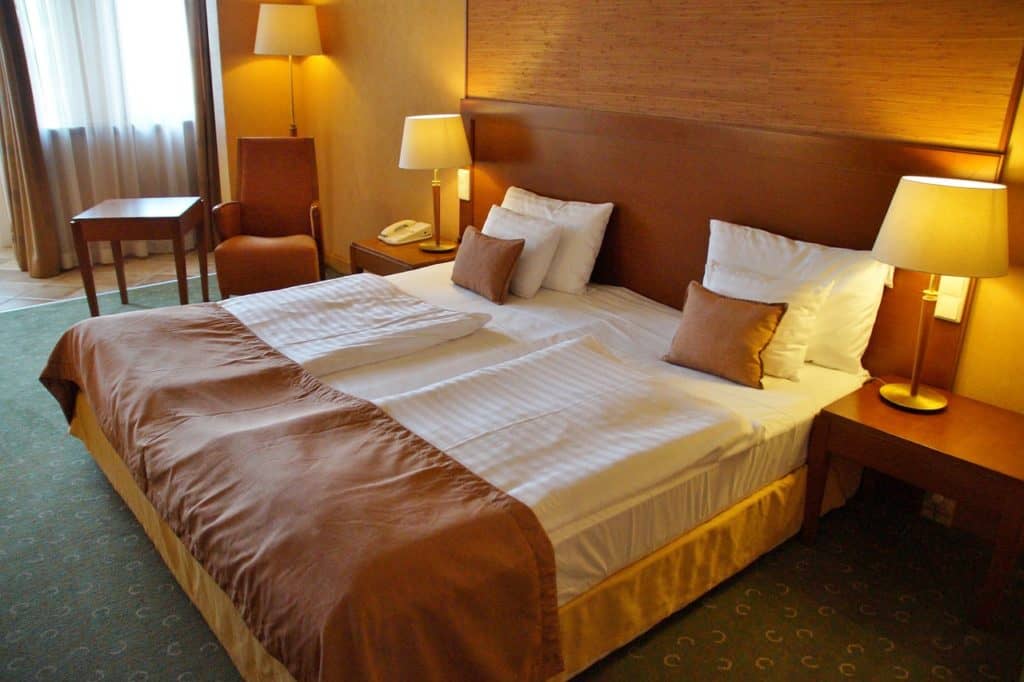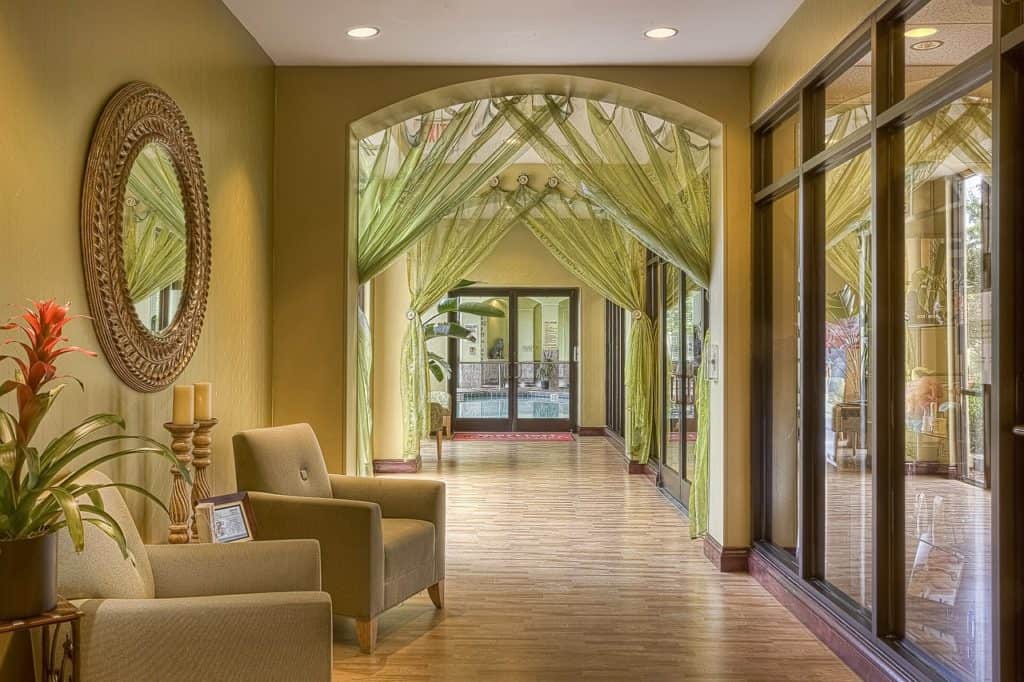When it comes to business growth, leading an efficient business is an essential of your success – you can find out more in a previous article, here https://morningbusinesschat.com/efficiency-business-essential/.
A business relies entirely on its ability to manage resources, staff, orders, services, and queries as easily and smoothly as possible. While it is easy to imagine what this means in an office type of business, efficiency can be difficult to define when you are working in an industry sector that faces customers.
A positive hotel performance is not specifically linked to the size of the room or the addition of a fitness studio in the basement. What hides behind the concept of performance for hotels is a form of management that needs to happen under the public eye at all times – or as often as possible. As hotels are a space whose services are designed to exist in the public light, their performance is also judged openly. From basic cleanliness standards to real-time booking management, here are the six most important tips to improve the efficiency of your hotel.

Address Standard Expectations
First of all, let’s start with the basics offering of a hotel. Your guests have regular expectations that you have to meet to sustain your presence in the hospitality industry. These essentials will be part of how guests review your hotel. Missing any of them naturally leads to a negative review.
Cleanliness is a must, whether you are a four-star hotel or a motel along the road. Unknown hair in the bathtub and dust in the bedroom are an absolute no-go. The safety measures are key to address the needs of children, elderly guests and families. Additionally, you need to offer a comfortable bed with a decent lighting.
It sounds obvious, but you’d be surprised to find out how many hotels are trying to make do with unacceptable bedroom equipment. More and more guests value hotels that offer long check in and check out hours or even a 24/7 desk for those travelers who arrive late in the night. As a result, a two-hour window at the reception desk is not satisfactory. This is also valid for the reception phone:
You need to be able to answer the phone rapidly, at any time of the day or night.
Managing Your Booking Performance In Real Time
The time when guests used to call a hotel to book a room is revolute. Nowadays, most guests will use their digital devices to book a room. As a result, there is a variety of booking systems that all need to be connected to each other. It can be tricky to deal with all these requests in real time. Indeed, this is the job of a hotel management system that should allow you to manage bookings, increase demand and offers when you need to fill up rooms, and ensure that the reservation system is updated in real time across all digital platforms.
If you are looking for an efficient product, you may want to visit https://mingus-software.com/en/hotello/ to request a demo. Room booking is not something that you can work on manually anymore. You need a software tool that serves as a booking engine to respond to the increasing digital demand. Otherwise, there is a risk that rooms are double-booked, or that you might not sell sufficient rooms to generate a profit.
Energy Efficiency Is A Significant Percentage Of The Turnover
Energy costs are a percentage of hotel costs. However, the way a hotel uses energy can have a significant impact on the overall turnover figure. As a result, more and more hotels are looking into energy efficiency solutions, such as the Hilton Worldwide that has gained a Superior Energy Performance recognition for a handful of its lodges.
Indeed, by switching to different energy generation solutions, from solar panels to sustainable building architecture, the Hilton has been able to reduce its energy consumption by over 15%. This makes not only a noticeable difference in the management costs of the hotel, but it is also beneficial for the environment. As hotels tend to experience high energy waste, every little help makes the hospitality sector a greener place.
What About Staff Performance?
Naturally, being a customer-facing industry, the performance of your staff is essential to the overall success of your hotel. However monitoring hotel staff can be a difficult task. It is about ensuring that your employees have everything they need to perform, from their uniform to the necessary training.
As a hotel manager, you need to be aware that the hotel is judged strongly on the performance of the staff. Everything from the quality of the food storage for breakfast to the friendliness of the reception staff has an impact on the impression that customers have of your hotel.

Monitoring Customer Interactions Closely
We live in a digital world. Consequently, your customers are active digital users who use their preferred social media platforms to follow the news, interact with their favorite brands, and query your availability or services. It’s essential to have a social media presence and be reactive dealing with customer comments and relevant offers.
More often than not, you will also have to manage negative reviews, either on social media or review and booking platforms. A negative review can be damaging, but it will do more damage to your hotel reputation if you leave it unanswered. It’s important to reply to negative comments and to refrain yourself from being defensive. Try to write a personalized answer that shows that you understand the customer pain and are offering a solution.
Going The Extra Mile
Going the extra mile is what turns a good hotel experience into a great one. It doesn’t have to be reserved for luxury hotels. It is about creating the right ambience. From décor to the right temperature to offering a personalized welcome.
For instance, greet your customers by name, and select the relevant literature for their rooms and keeping a smiling face. This kind of memorable practices is achievable by any hotel, regardless of their size and location. But as they require an additional effort, they can sometimes get forgotten.



